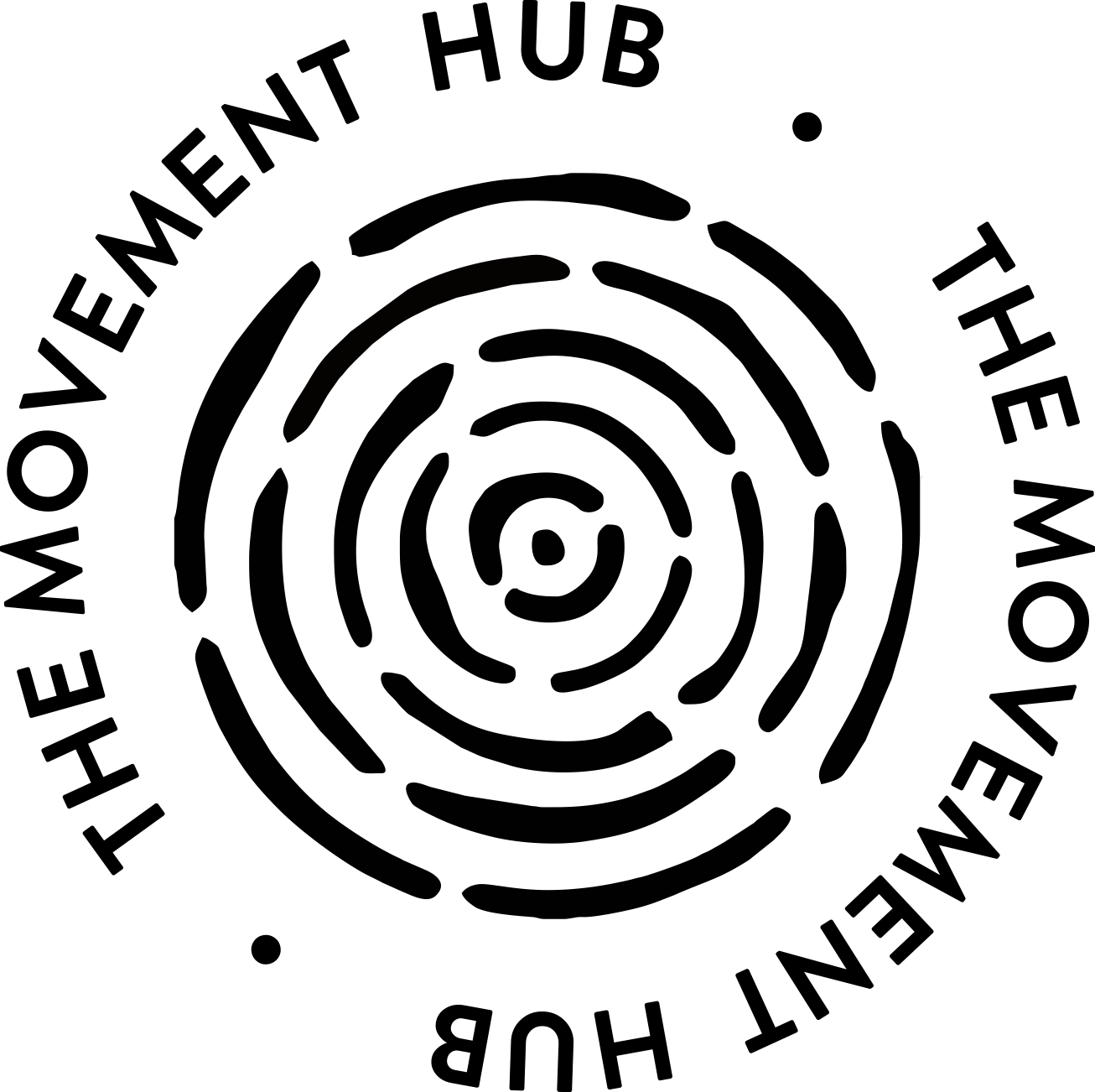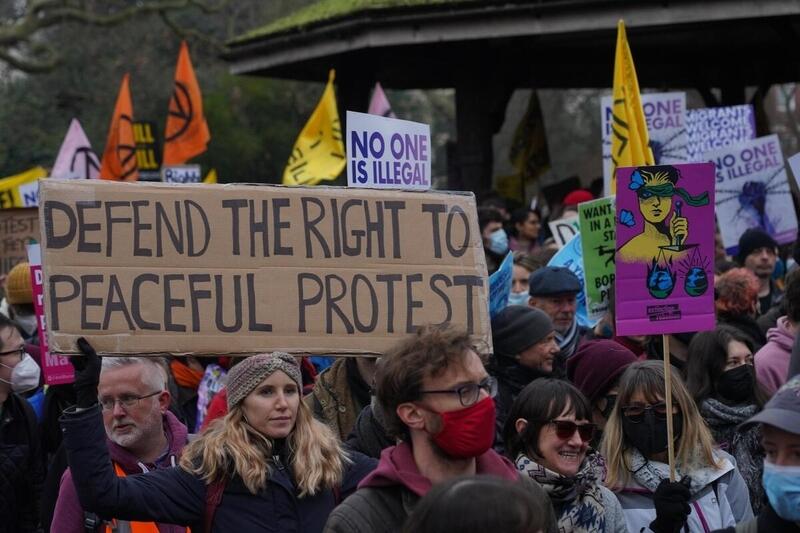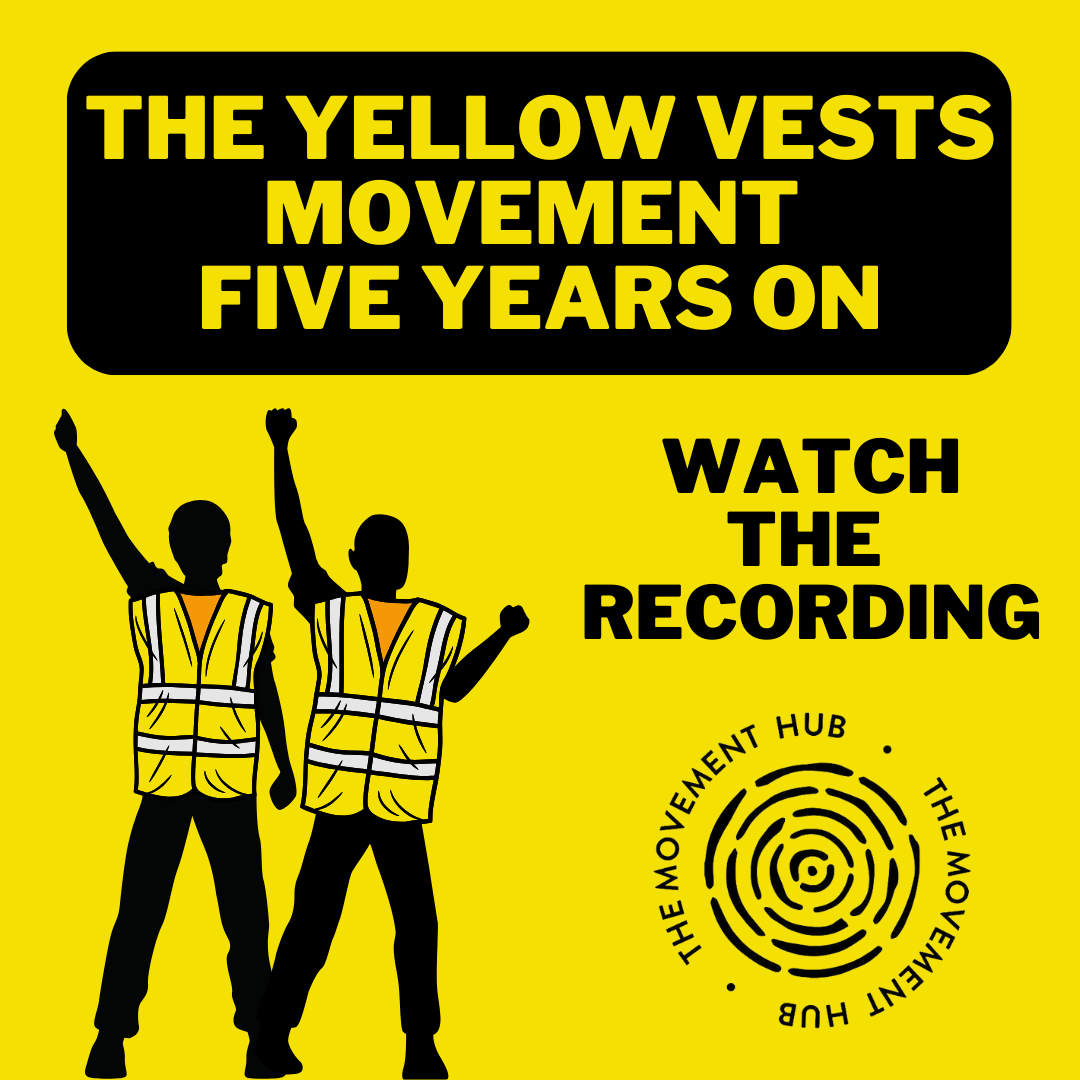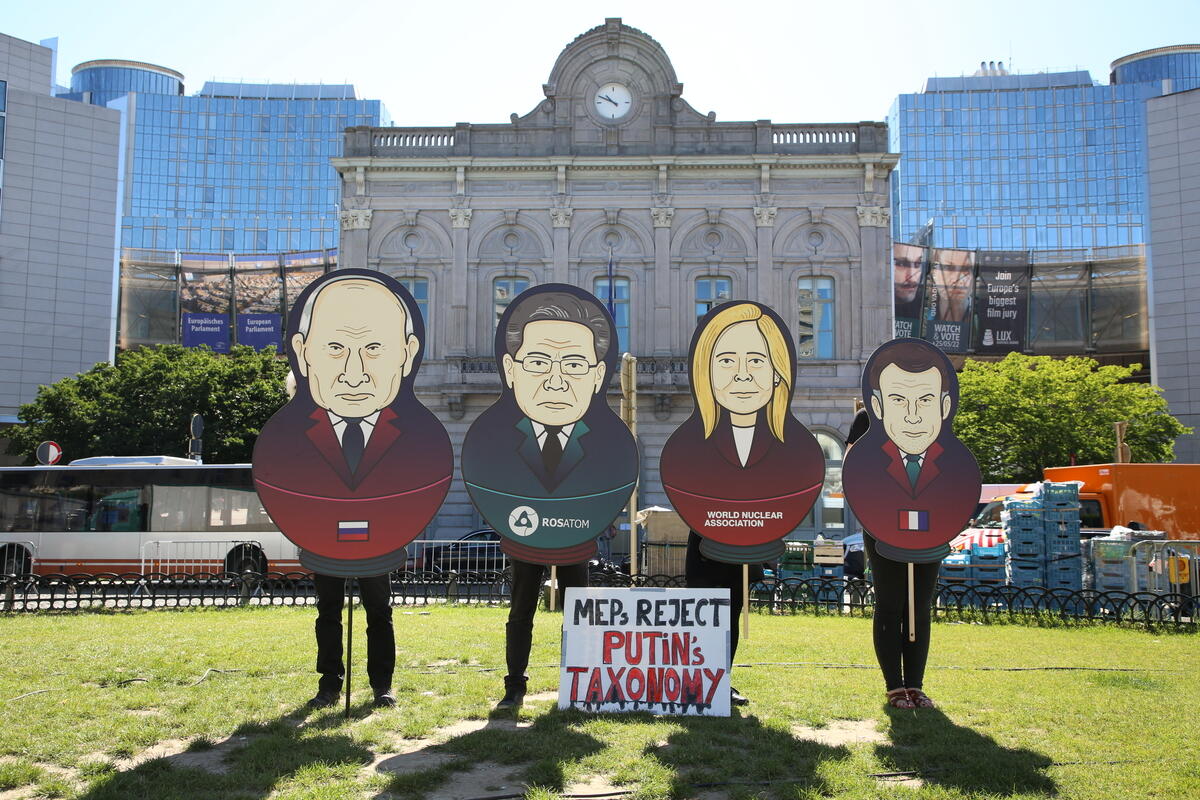In Slovakia and the Czech Republic, mothers and doctors joined together, targeting different ministries of government, demanding stronger action on climate change. Read how Znepokojené matky, Parents for Climate in Liberec and Doctors for Future inspired each other to take to the streets. By Gabriela Čepičanová.
“We can no longer be neutral. We are running out of time. We need as many people on our side. We are facing giants, with money, experts and political power. And against them are mothers with carriages. We need thousands of carriages”. Dorota Osvaldová is describing the driving force behind Znepokojené matky – a group of mothers concerned about climate change in Slovakia.
“The only thing I want is that my child lives in a safe world and healthy environment,” says Dorota, mother of two-year-old Oliver. In autumn 2019, she took part in parents’ march in Bratislava, Slovakia which was expressing support for a student climate strike.
[ “All around the globe, students kept hearing – why are you protesting? You should be in school and study, to be able to solve the climate crisis in 30 years. We created a strong contra-argument to these objections – parents want change too! As soon as it happens, we will be happy to send our kids back to school,” Dorota says. ]

When Anna Kšírová, a doctor and mother of two children, first found out about an activist group of engaged parents fighting for the climate in Czech Republic, she did not hesitate to join. “For five years we have been experiencing terrible waves of droughts in the Czech Republic. I knew it was bad, but no one was talking about it. I found it incredible – we were facing this huge problem, but no one cared.”

Then Anna’s friend, a doctor as well, reached out to her looking for support within the medical field in spreading more information about the effects of climate change on human health. “I was really happy that also my professional group wants to support the climate strikes – that is how the initiative Doctors for Future started,” continues Anna.
Burnt gingerbreads and blockades of ministry buildings
[ Dorota describes her experience with politicians: “Many political parties have met with us and we discussed how their electoral plans should aim to mitigate climate change. But after the elections – all talk and no action.” ]
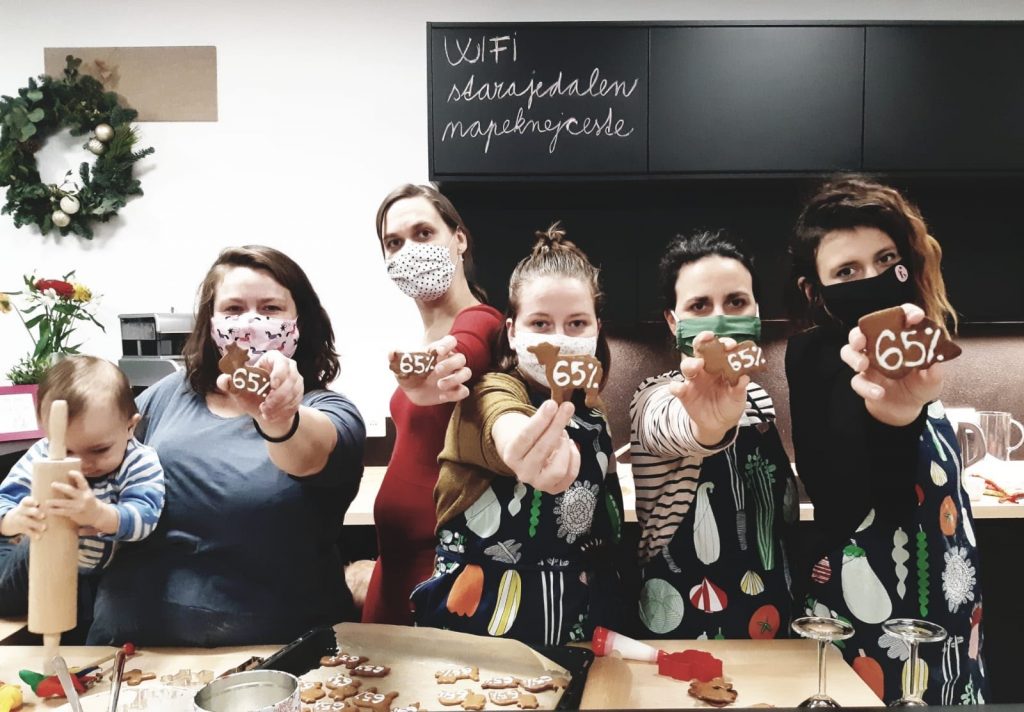
Before the parliamentary election in Slovakia, the mothers of Znepokojené matky baked gingerbreads, but burnt them on purpose. Then they handed them to politicians, asking them not to burn their children’s future with their inactivity.
In October 2020, Znepokojené matky joined up with the Climate Care Uprising – uniting with Bod Obratu, Študenti bez mena, Extinction Rebellion and Greenpeace Slovakia – and blocked the entrances to five government buildings.
The aim of the action was to show that the climate crisis does not concern only the Department of the Environment. It is an interconnected and complex problem which should be dealt with at all levels of government.
[ “For many of us this was the first experience with direct action. We have been raised to be good, obedient, nod to everything and be silent. We are reversing these stereotypes. To see a mother in such an unusual situation, when they block the entrance to the Ministry of Finance with cribs, people think that the situation must be really bad,” says Dorota. ]
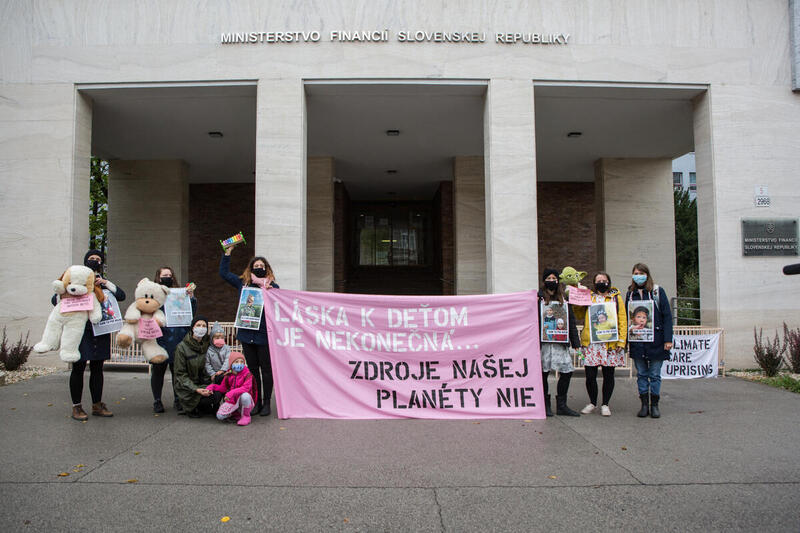
Doctors for Future demonstrate climate change’s risk to health
Inspired by the action in Bratislava, a coalition of environmental and human rights groups – from Amnesty International to groups demanding climate mitigation and adaptation for cities NESEHNUTÍ, Arnika and Automat – took place in Prague.
All of them organised their own kind of protest, again in front of ministry buildings. The group Doctors for Future, including Anna, were standing in front of the Ministry of Health. “The climate is also a question for medics – because the health effects on humans are beyond description and we say so little about it,” explains Anna.
[ “Rising temperatures bring a higher risk of collapses, heart strokes, but also problems with short-term memory. The air pollution in cities causes more frequent respiratory problems, asthma or allergies.” ]
“It was great to see the number of people who took part, and that a small initiative gathering from a specific profession can be a partner to the big organisations,” says Anna.
Both Anna and Dorota agree that diversity in environmental movements is really important, especially in the region of Central Europe, where engagement with the topic of climate change is not so popular as in the Western countries.“The more diverse the movement, the better for us and the climate,” says Dorota.
For both women, environmental protection became a part of their lives from a young age. And their need for solutions increased after they both became mothers.
“When you think about yourself, you tell yourself that you can handle it. You have a home, financial security. But with a kid, it all turns upside down. I just find the climate and environmental destruction really unfair toward next generations. That is why it is important for me to be engaged,” says Dorota.
“If I could say just one thing to people – get engaged.”
Follow Znepokojené matky‘s work in Slovakia, Rodiče za klima Liberec and Doctors for Future from Czechia.
